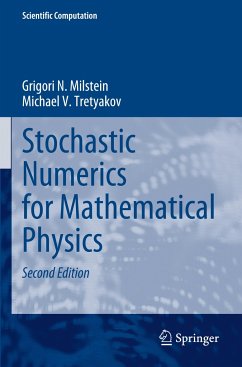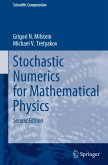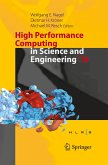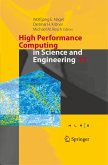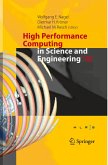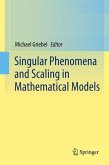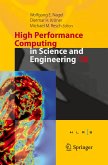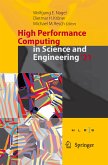This book is a substantially revised and expanded edition reflecting major developments in stochastic numerics since the first edition was published in 2004. The new topics, in particular, include mean-square and weak approximations in the case of nonglobally Lipschitz coefficients of Stochastic Differential Equations (SDEs) including the concept of rejecting trajectories; conditional probabilistic representations and their application to practical variance reduction using regression methods; multi-level Monte Carlo method; computing ergodic limits and additional classes of geometric integrators used in molecular dynamics; numerical methods for FBSDEs; approximation of parabolic SPDEs and nonlinear filtering problem based on the method of characteristics.
SDEs have many applications in the natural sciences and in finance. Besides, the employment of probabilistic representations together with the Monte Carlo technique allows us to reduce the solution of multi-dimensional problems for partial differential equations to the integration of stochastic equations. This approach leads to powerful computational mathematics that is presented in the treatise. Many special schemes for SDEs are presented. In the second part of the book numerical methods for solving complicated problems for partial differential equations occurring in practical applications, both linear and nonlinear, are constructed. All the methods are presented with proofs and hence founded on rigorous reasoning, thus giving the book textbook potential. An overwhelming majority of the methods are accompanied by the corresponding numerical algorithms which are ready for implementation in practice. The book addresses researchers and graduate students in numerical analysis, applied probability, physics, chemistry, and engineering as well as mathematical biology and financial mathematics.
SDEs have many applications in the natural sciences and in finance. Besides, the employment of probabilistic representations together with the Monte Carlo technique allows us to reduce the solution of multi-dimensional problems for partial differential equations to the integration of stochastic equations. This approach leads to powerful computational mathematics that is presented in the treatise. Many special schemes for SDEs are presented. In the second part of the book numerical methods for solving complicated problems for partial differential equations occurring in practical applications, both linear and nonlinear, are constructed. All the methods are presented with proofs and hence founded on rigorous reasoning, thus giving the book textbook potential. An overwhelming majority of the methods are accompanied by the corresponding numerical algorithms which are ready for implementation in practice. The book addresses researchers and graduate students in numerical analysis, applied probability, physics, chemistry, and engineering as well as mathematical biology and financial mathematics.

